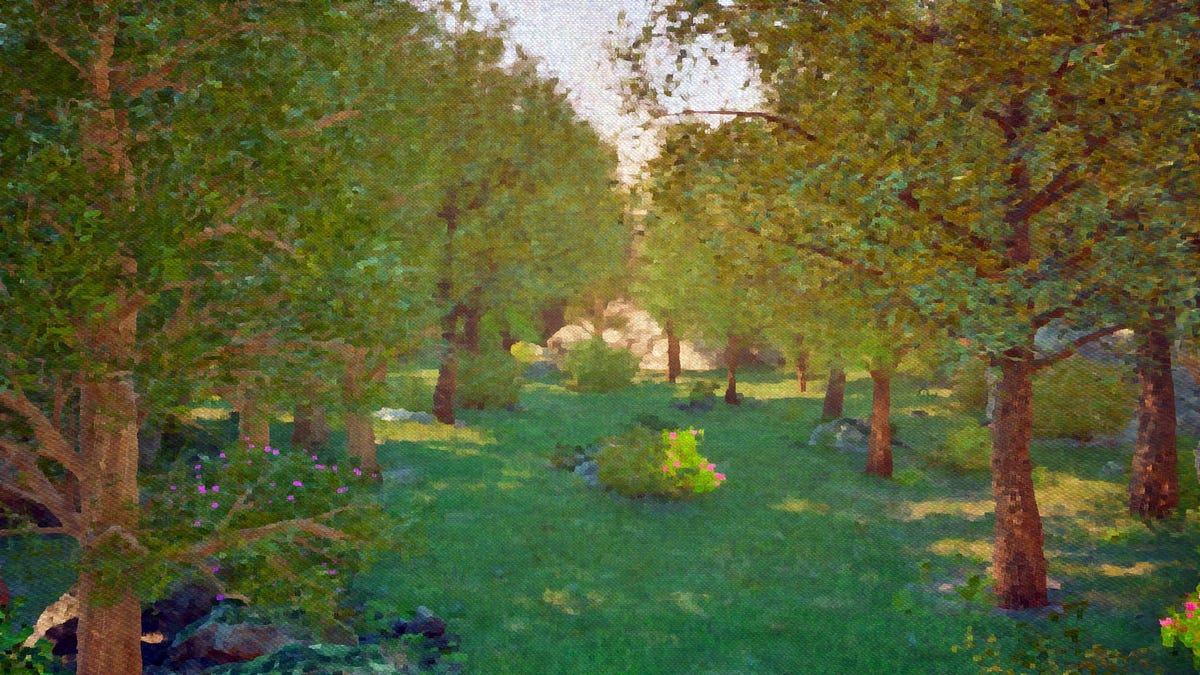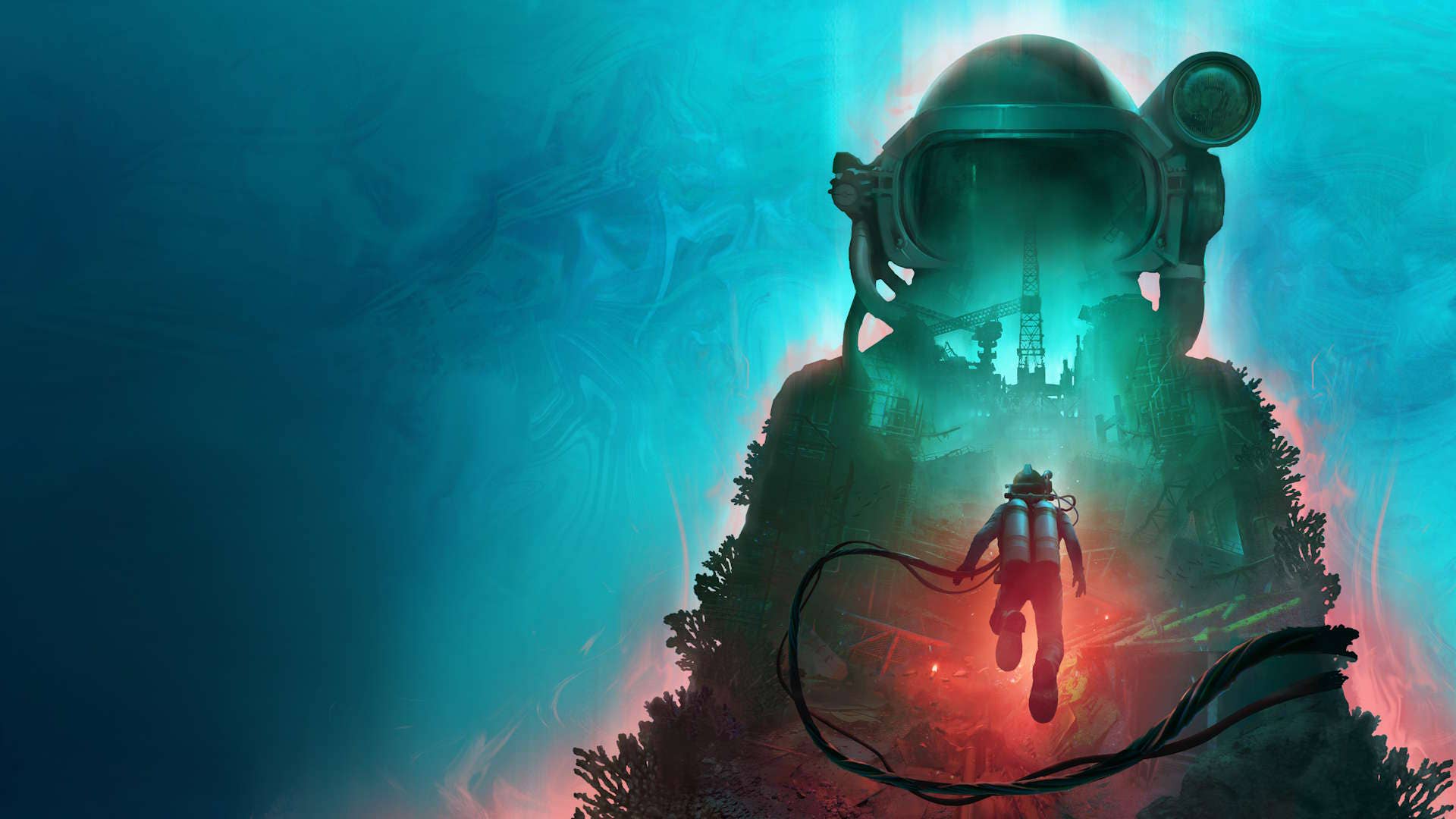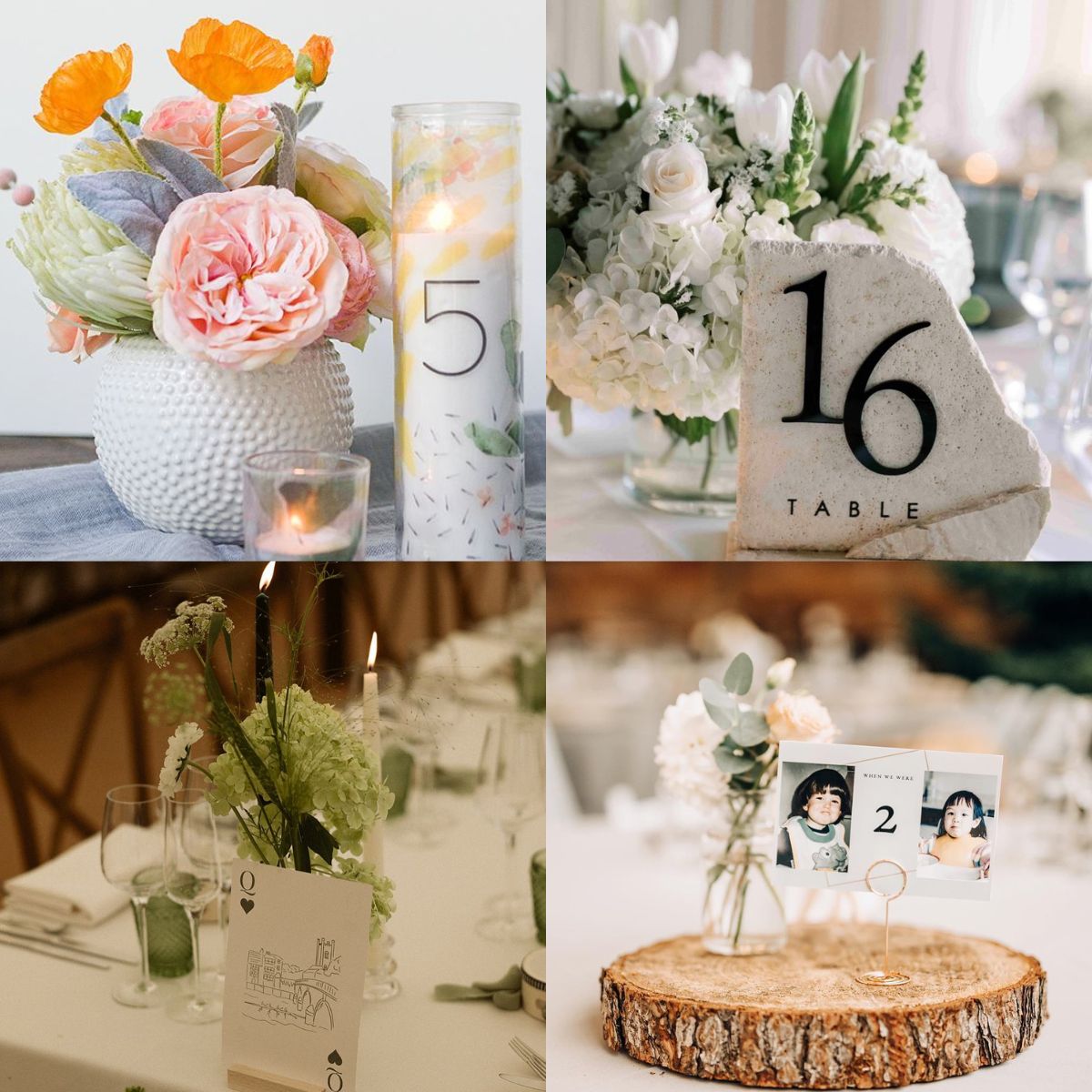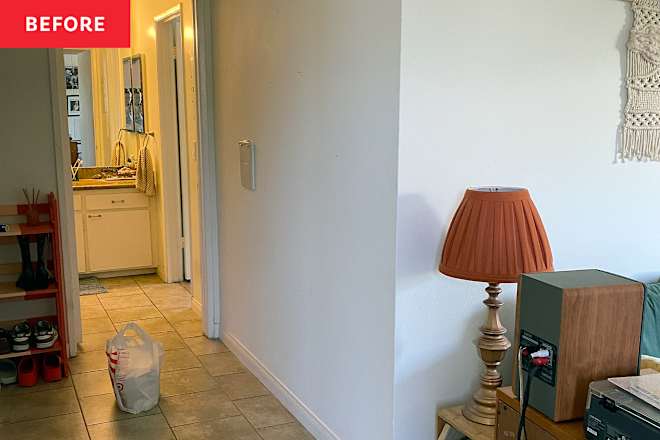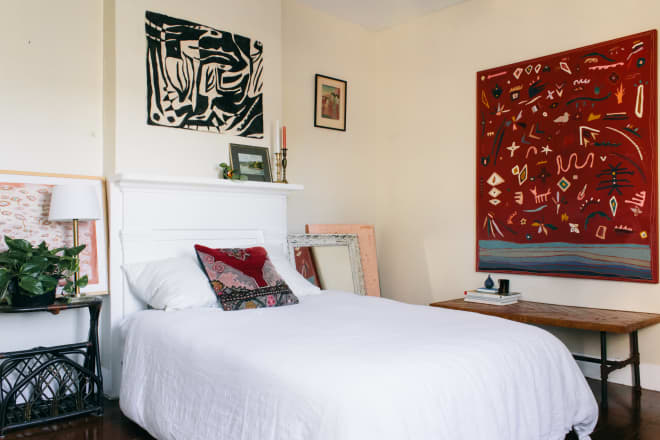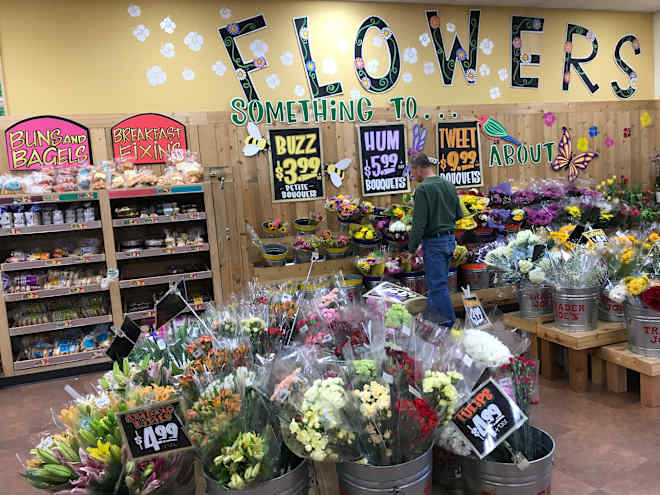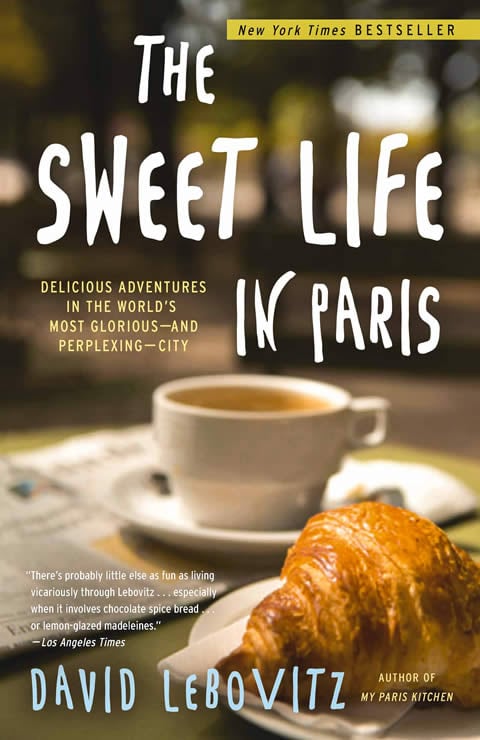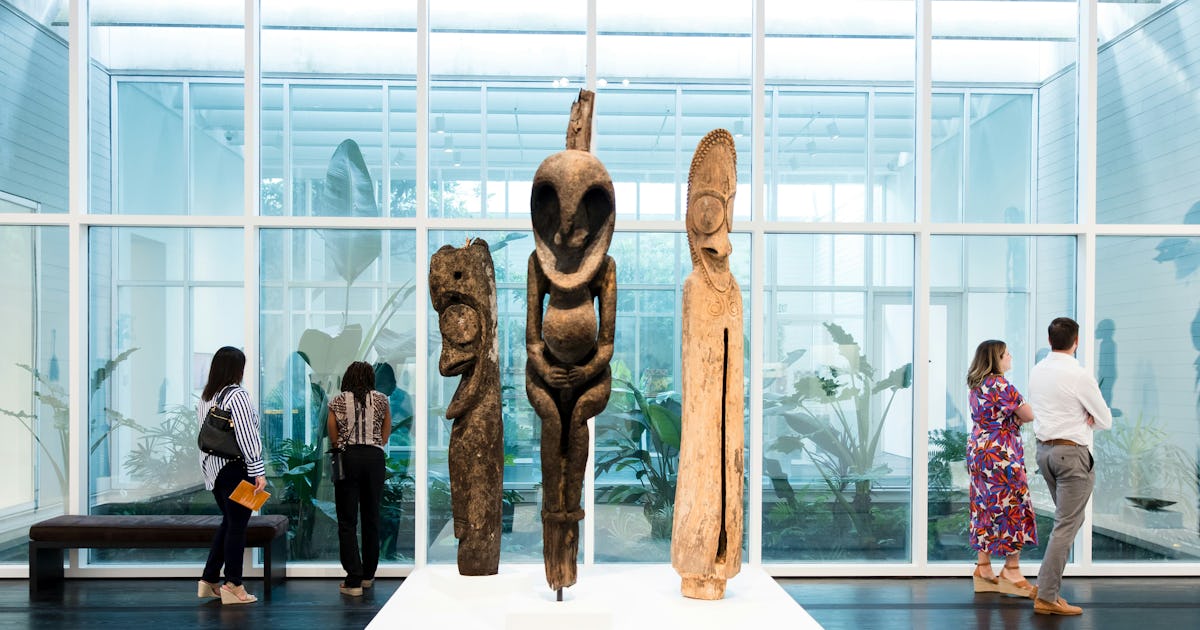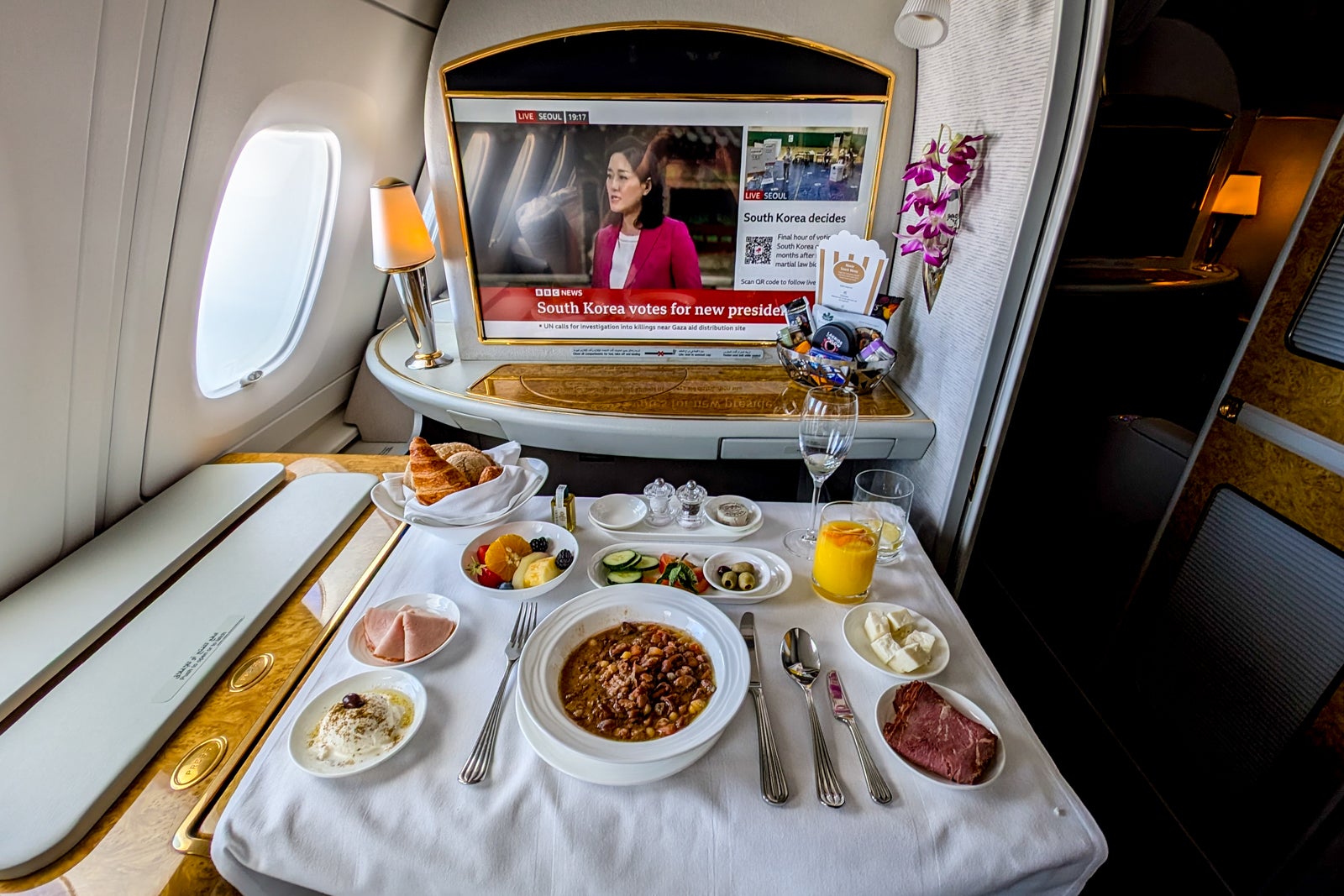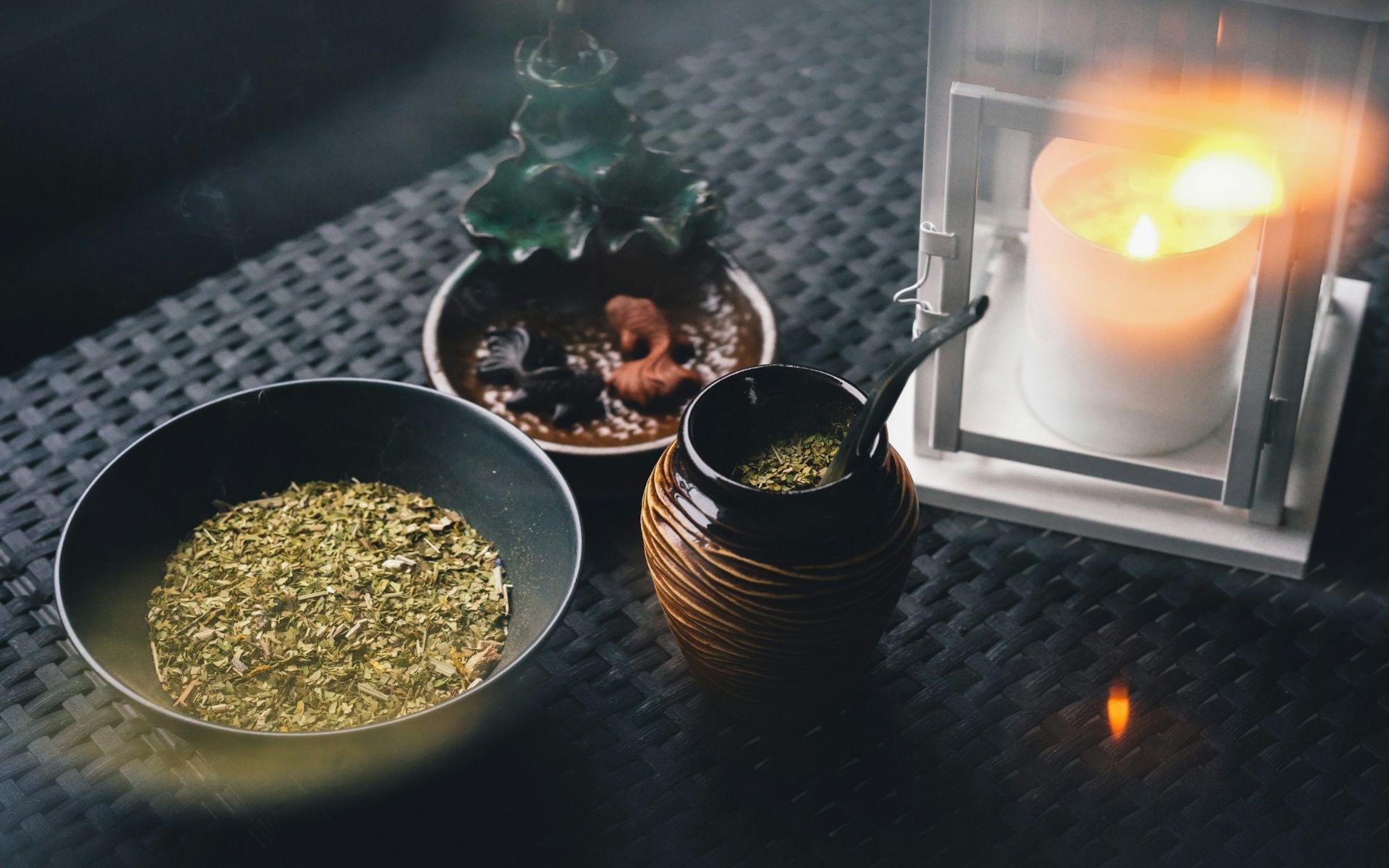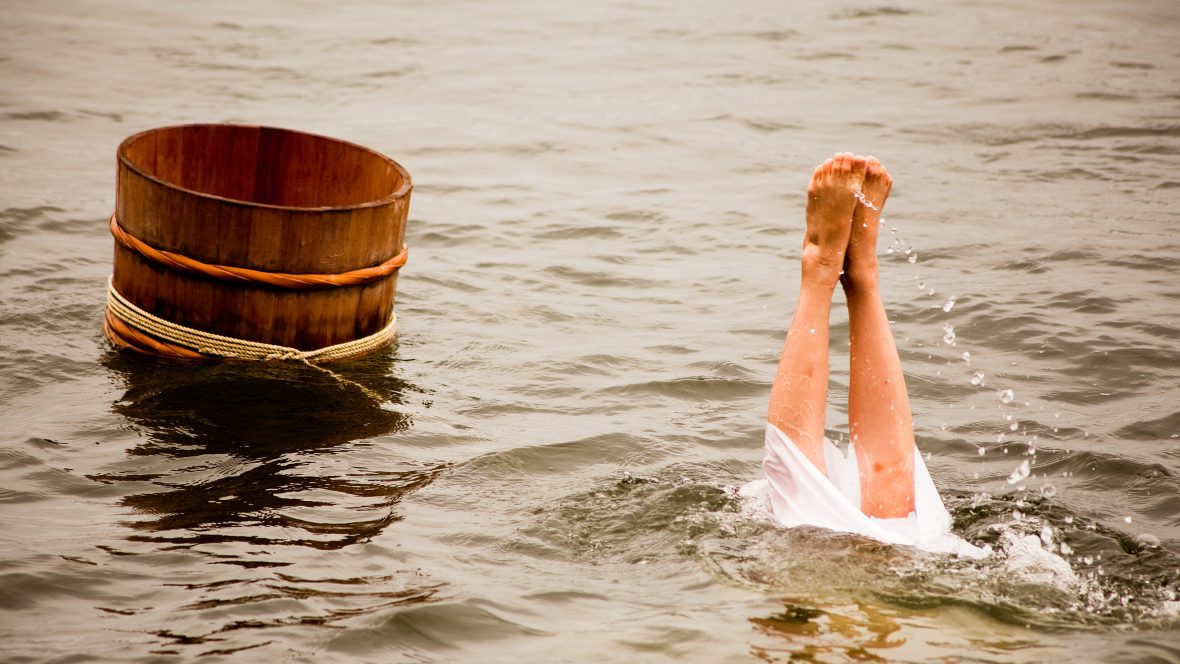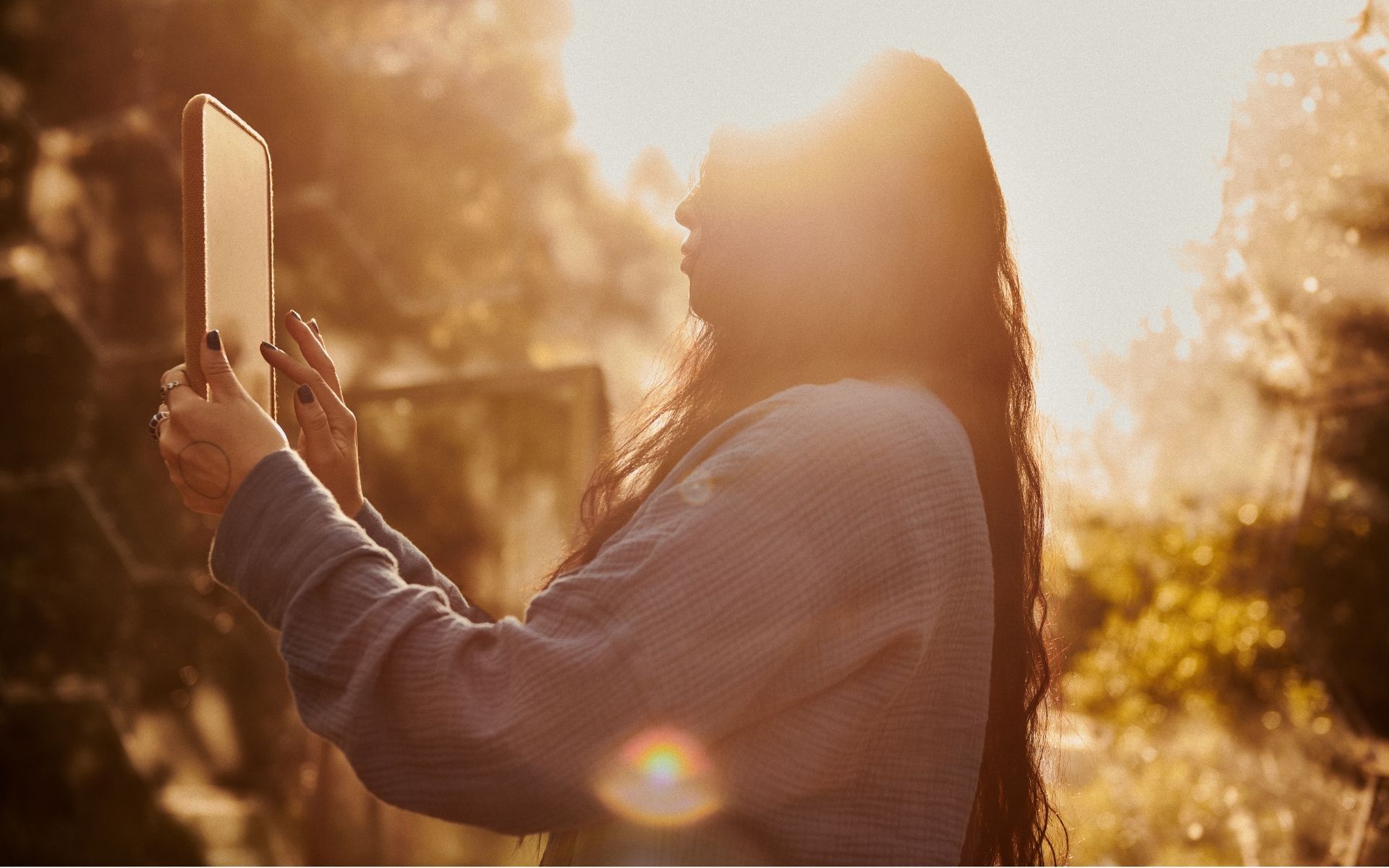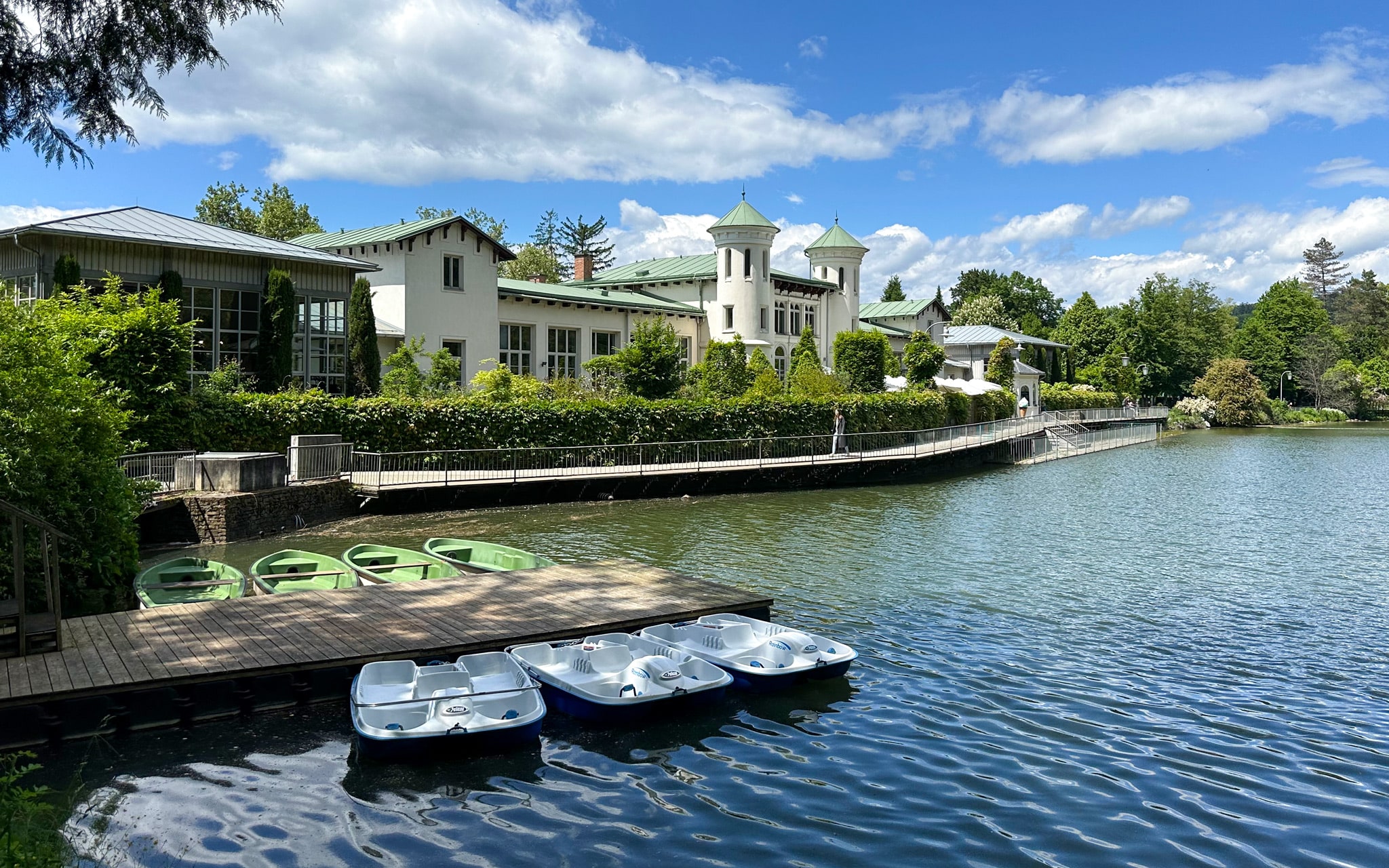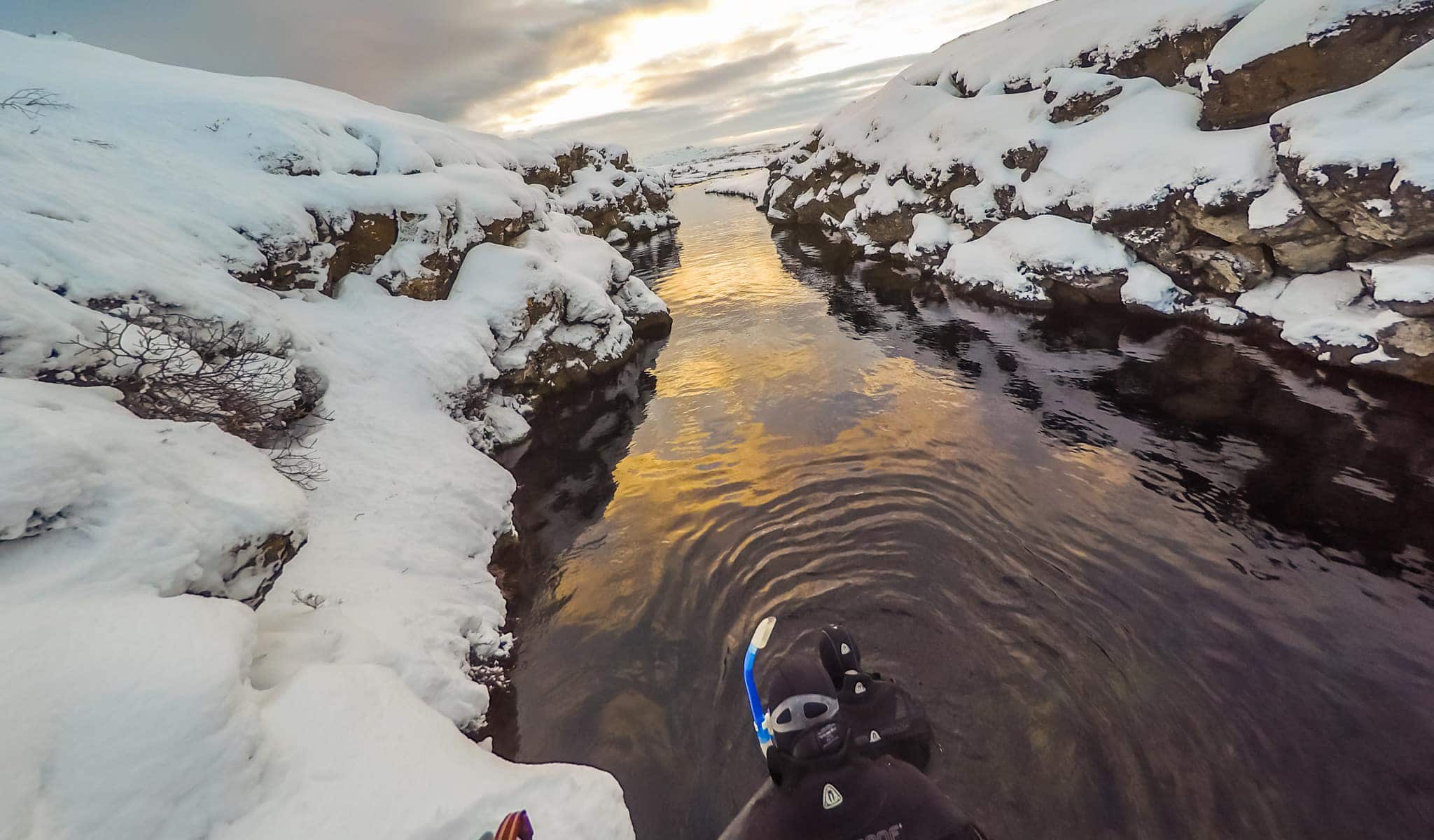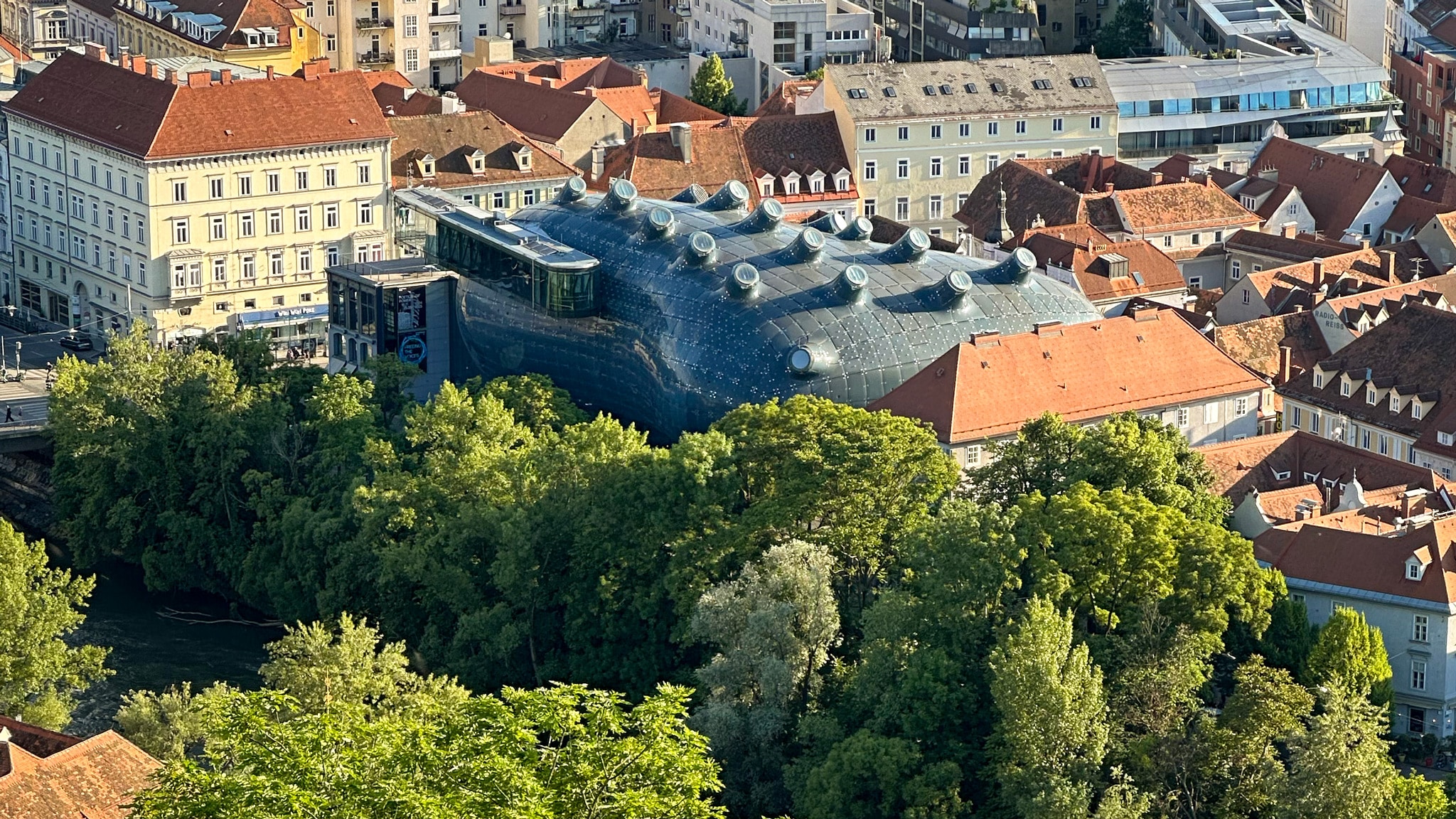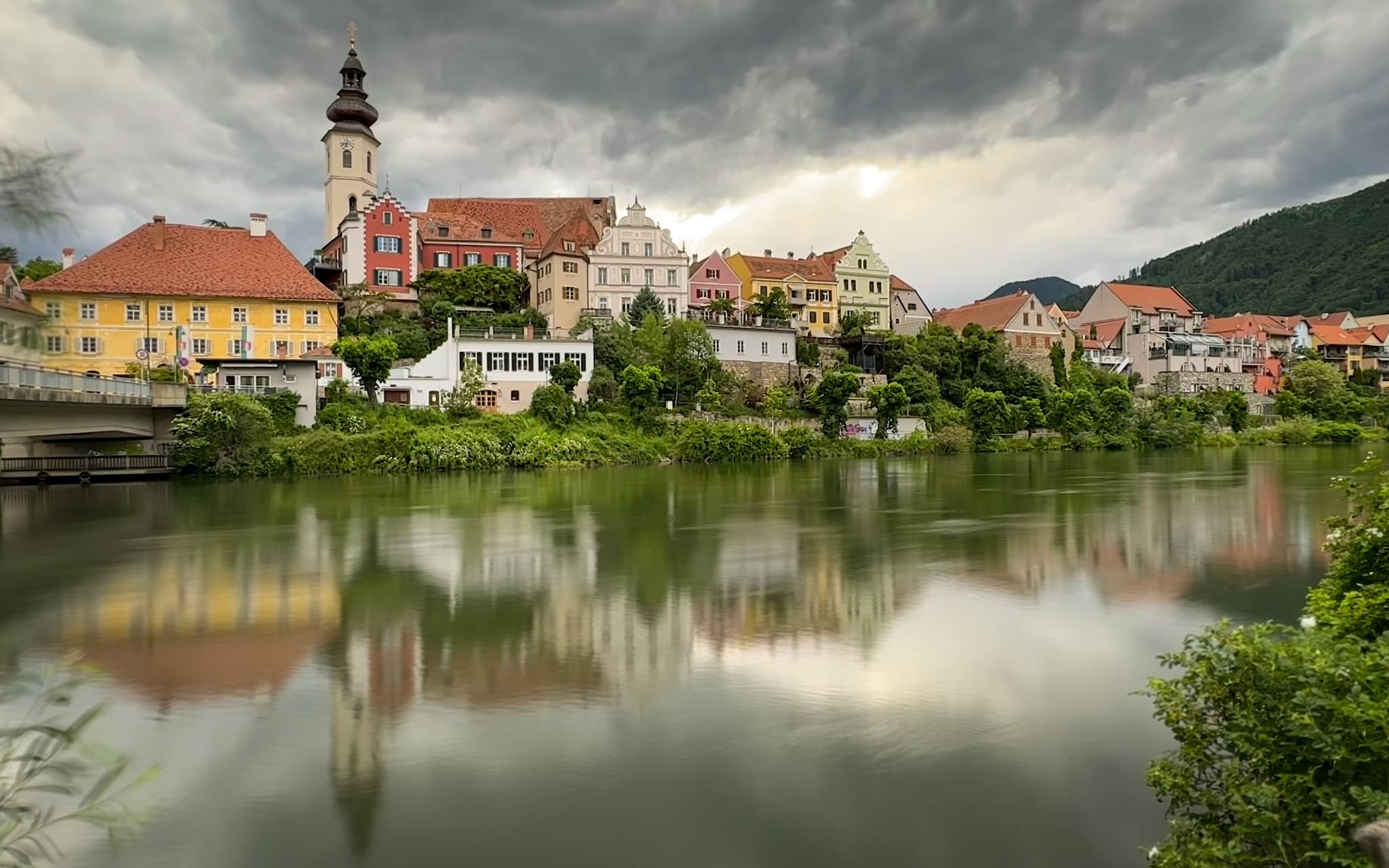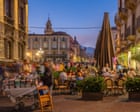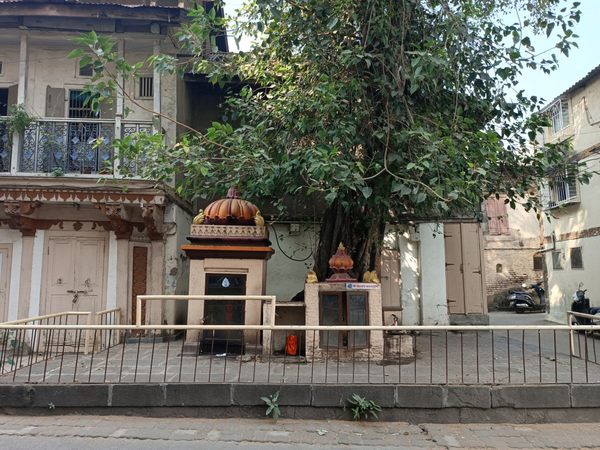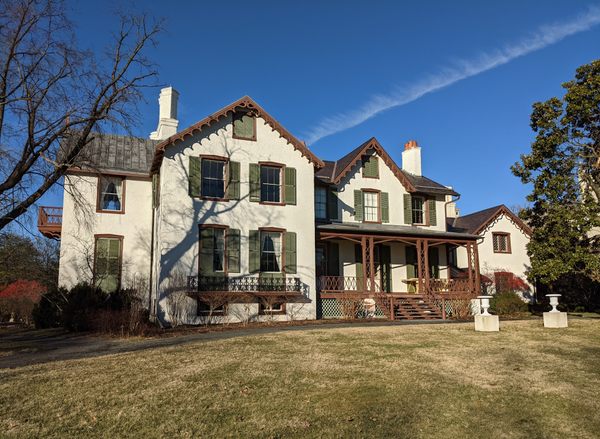Dear Atlas: How Do I Unplug on a Solo Trip?
Dear Atlas is Atlas Obscura’s travel advice column, answering the questions you won’t find in traditional guidebooks. Have a question for our experts? Submit it here. * * * Dear Atlas, I’m planning a solo trip and want to be intentional about how I spend my time. I don’t necessarily need to meet new people, but I want to avoid getting sucked into my phone and inadvertently doomscrolling in a different location. When you’re traveling alone, how do you stay present and truly engage with the place? First, turn off international data roaming. Make a list of writers and books to read penned by authors ideally local to your destination, then find them in a local bookstore upon arrival. Aim to use your phone as little as possible—when dining solo, look around, journal, sketch, or read a book from your recent haul (for me, nothing beat visiting Istanbul while reading The Museum of Innocence, purchased at The Museum of Innocence). Make a rule that when you see a new site, take three deep breaths and soak it in before you take a picture. Never, ever let the thought “this will look good on social media” dictate what you’re about to do (I admit it’s a thought that has crossed my mind often when traveling solo, a reflex for virtual connection to offset the solitary ingestion of an experience). Prioritize the Physical Over the Digital Think of screens, photography, and posting as acts of optional record-keeping that are not an automatic, but a delayed choice—after the experiences have sunk in and been absorbed by memory, encoded in the biological archives of your body. Recently, as I took in the first sight of Abu Simbel, a temple I’d dreamed of seeing since childhood and reached for my phone, another traveler stopped me and told me to sit on a stone ledge. She instructed me, counterintuitively, to close my eyes, and then see the temple in my mind. To breathe deep and hold that feeling in my chest. To this day I remember that moment not as a picture on my camera roll, but as the wind of Lake Nasser against my back, the desert sun on my face, the emotion held within my ribcage. I return to this feeling often, and it is more potent than any pixels. Establish a Morning Routine Even in more quotidian travel settings, center your body, and imagine it at home in this new place. I like establishing a morning routine that involves a walk or run around the new neighborhood, and a go-to breakfast spot, the plainer the better, the kind where locals stop for a quick to-go coffee before rushing to work. The rest of the day can be devoted to new sights and routes, but I love being anchored by a sense of physical neighborliness to start a morning. In Istanbul, I ran along the Bosporus and saw the morning swimmers lap along the choppy waves. In Seville, I followed the graffitied banks of the Guadalquivir and had the same vegetable omelet at a cafe in Alameda de Hércules. In Luxor, the family selling bread on the street knew, by day six, to give me the discs still steaming from the oven. Walking away with a bag of warm bread clutched against my stomach, this felt like care, though we did not know each other’s names. Explore Campus Life After you’ve crossed off the main tourist sites and museums from your list, find the local universities. Many campuses are surprisingly open to the public, and great for solo wandering. Study the flyers on the billboards, amble into a student art show. Peek into a lecture, even if it’s in a language you cannot understand. Try to ponder from the cues around you: What is the younger generation here thinking about that none of the guidebooks or newspapers can yet tell you? Take Public Transit Even if the place you are visiting has app-based ride shares like Uber, and even if these are cheap, they can shelter you from a crucial form of communal experience. In Egypt, I met a family on the public ferry crossing the Nile that invited me to lunch at their house the next day. In Turkey, I bonded with a bus driver who was eating a pack of cookies and gave me one to share. But you don’t need to speak to anyone to be part of the communion of transport. An amused glance across a subway platform with a stranger can linger with you a long while in a new city, a camaraderie of split seconds. Plan Artistic Date Nights—With Yourself For me, twilight is when a day of solo travel can begin feeling lonely, and the siren call of scrolling the night away looms large. If in a bigger city, look up local theater productions or movie screenings to occupy your evenings. Are any in a language you can understand, or with subtitles? Buy a ticket in advance, and commit to it as a social outing. Recently, while in Hong Kong, I caught a Cantonese adaptation of a Jon Fosse play with an auditorium full of well-dressed theater enthusiasts. In Avignon, I sought refuge from the heat in an air-conditioned cinema where I was alone with a bickering elderly couple, watching a comedy on democracy in Bhutan. In Edinburgh, exhau
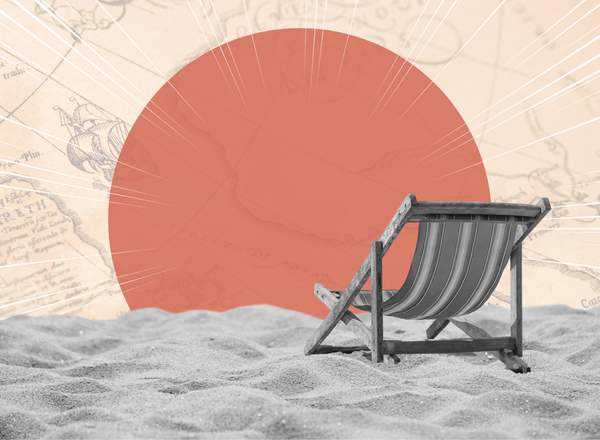
Dear Atlas is Atlas Obscura’s travel advice column, answering the questions you won’t find in traditional guidebooks. Have a question for our experts? Submit it here.
* * *
Dear Atlas,
I’m planning a solo trip and want to be intentional about how I spend my time. I don’t necessarily need to meet new people, but I want to avoid getting sucked into my phone and inadvertently doomscrolling in a different location. When you’re traveling alone, how do you stay present and truly engage with the place?
First, turn off international data roaming. Make a list of writers and books to read penned by authors ideally local to your destination, then find them in a local bookstore upon arrival. Aim to use your phone as little as possible—when dining solo, look around, journal, sketch, or read a book from your recent haul (for me, nothing beat visiting Istanbul while reading The Museum of Innocence, purchased at The Museum of Innocence).
Make a rule that when you see a new site, take three deep breaths and soak it in before you take a picture. Never, ever let the thought “this will look good on social media” dictate what you’re about to do (I admit it’s a thought that has crossed my mind often when traveling solo, a reflex for virtual connection to offset the solitary ingestion of an experience).
Prioritize the Physical Over the Digital
Think of screens, photography, and posting as acts of optional record-keeping that are not an automatic, but a delayed choice—after the experiences have sunk in and been absorbed by memory, encoded in the biological archives of your body.
Recently, as I took in the first sight of Abu Simbel, a temple I’d dreamed of seeing since childhood and reached for my phone, another traveler stopped me and told me to sit on a stone ledge. She instructed me, counterintuitively, to close my eyes, and then see the temple in my mind. To breathe deep and hold that feeling in my chest. To this day I remember that moment not as a picture on my camera roll, but as the wind of Lake Nasser against my back, the desert sun on my face, the emotion held within my ribcage. I return to this feeling often, and it is more potent than any pixels.
Establish a Morning Routine
Even in more quotidian travel settings, center your body, and imagine it at home in this new place. I like establishing a morning routine that involves a walk or run around the new neighborhood, and a go-to breakfast spot, the plainer the better, the kind where locals stop for a quick to-go coffee before rushing to work. The rest of the day can be devoted to new sights and routes, but I love being anchored by a sense of physical neighborliness to start a morning.
In Istanbul, I ran along the Bosporus and saw the morning swimmers lap along the choppy waves. In Seville, I followed the graffitied banks of the Guadalquivir and had the same vegetable omelet at a cafe in Alameda de Hércules. In Luxor, the family selling bread on the street knew, by day six, to give me the discs still steaming from the oven. Walking away with a bag of warm bread clutched against my stomach, this felt like care, though we did not know each other’s names.
Explore Campus Life
After you’ve crossed off the main tourist sites and museums from your list, find the local universities. Many campuses are surprisingly open to the public, and great for solo wandering. Study the flyers on the billboards, amble into a student art show. Peek into a lecture, even if it’s in a language you cannot understand. Try to ponder from the cues around you: What is the younger generation here thinking about that none of the guidebooks or newspapers can yet tell you?
Take Public Transit
Even if the place you are visiting has app-based ride shares like Uber, and even if these are cheap, they can shelter you from a crucial form of communal experience. In Egypt, I met a family on the public ferry crossing the Nile that invited me to lunch at their house the next day. In Turkey, I bonded with a bus driver who was eating a pack of cookies and gave me one to share. But you don’t need to speak to anyone to be part of the communion of transport. An amused glance across a subway platform with a stranger can linger with you a long while in a new city, a camaraderie of split seconds.
Plan Artistic Date Nights—With Yourself
For me, twilight is when a day of solo travel can begin feeling lonely, and the siren call of scrolling the night away looms large. If in a bigger city, look up local theater productions or movie screenings to occupy your evenings. Are any in a language you can understand, or with subtitles? Buy a ticket in advance, and commit to it as a social outing.
Recently, while in Hong Kong, I caught a Cantonese adaptation of a Jon Fosse play with an auditorium full of well-dressed theater enthusiasts. In Avignon, I sought refuge from the heat in an air-conditioned cinema where I was alone with a bickering elderly couple, watching a comedy on democracy in Bhutan.
In Edinburgh, exhausted after a week of book touring, I watched a screening of Alice Rohrwacher’s stunning La Chimera alone in a theater with faded velvet seats, took the bus to Leith in a daze as a rainstorm poured, then sat at an outdoor pub table by the canal and scribbled in my notebook as the late June sun lingered into the night. It remains one of my favorite memories of Scotland. It wasn’t about castles or highlands, but merely being in the city, leaning into the small contentments of ordinary existence.
* * *
Aube Rey Lescure is a French-Chinese-American writer and the editor-in-chief of Off Assignment, an independent literary travel publication. She grew up between Provence, northern China, and Shanghai, and graduated from Yale University in 2015. She worked in foreign policy before becoming an itinerant writer. Her fiction and creative nonfiction have appeared or are forthcoming in Guernica, LitHub, Electric Literature, The Millions, WBUR, The Florida Review Online, Litro, and more. Her essay “At the Bend of the Road” was selected for Best American Essays 2022. Her debut novel, River East, River West, was published by William Morrow/HarperCollins in January 2024.





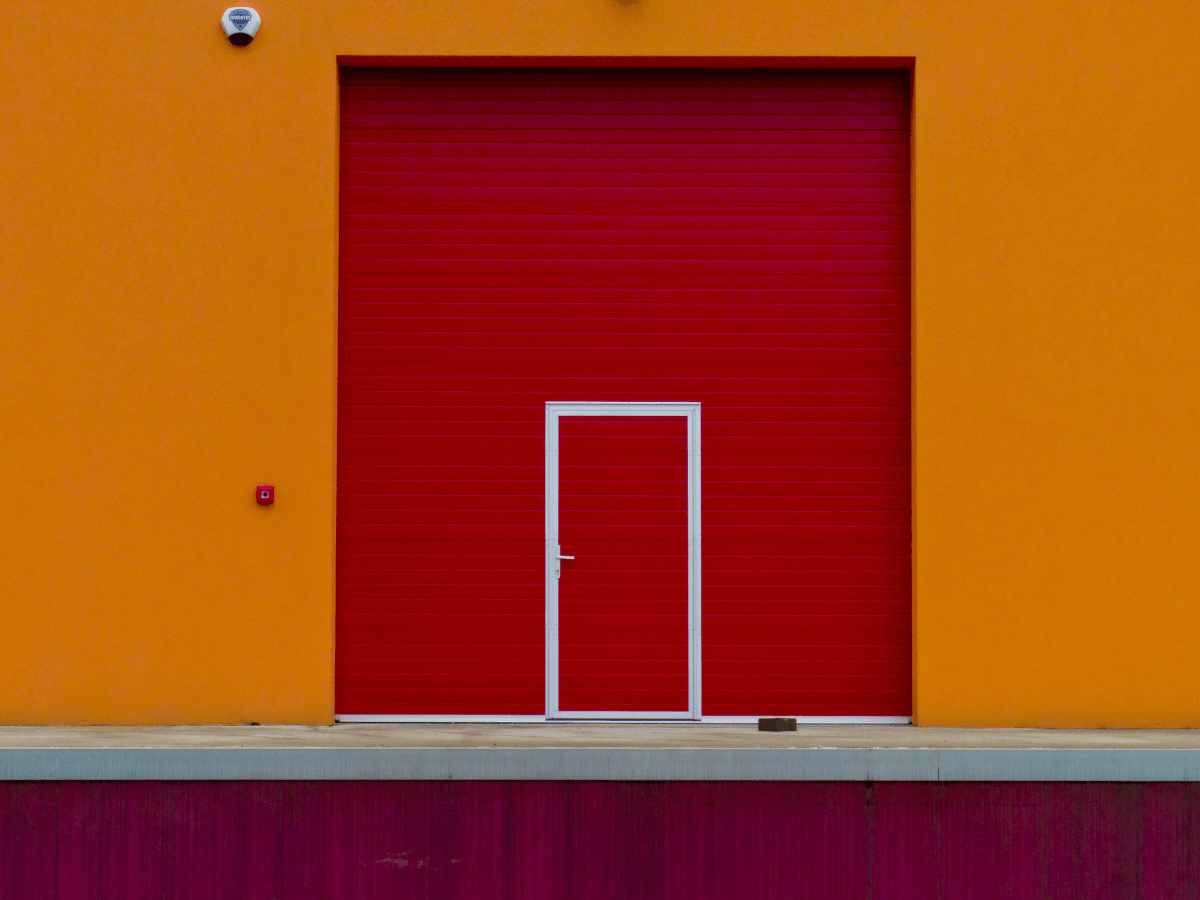
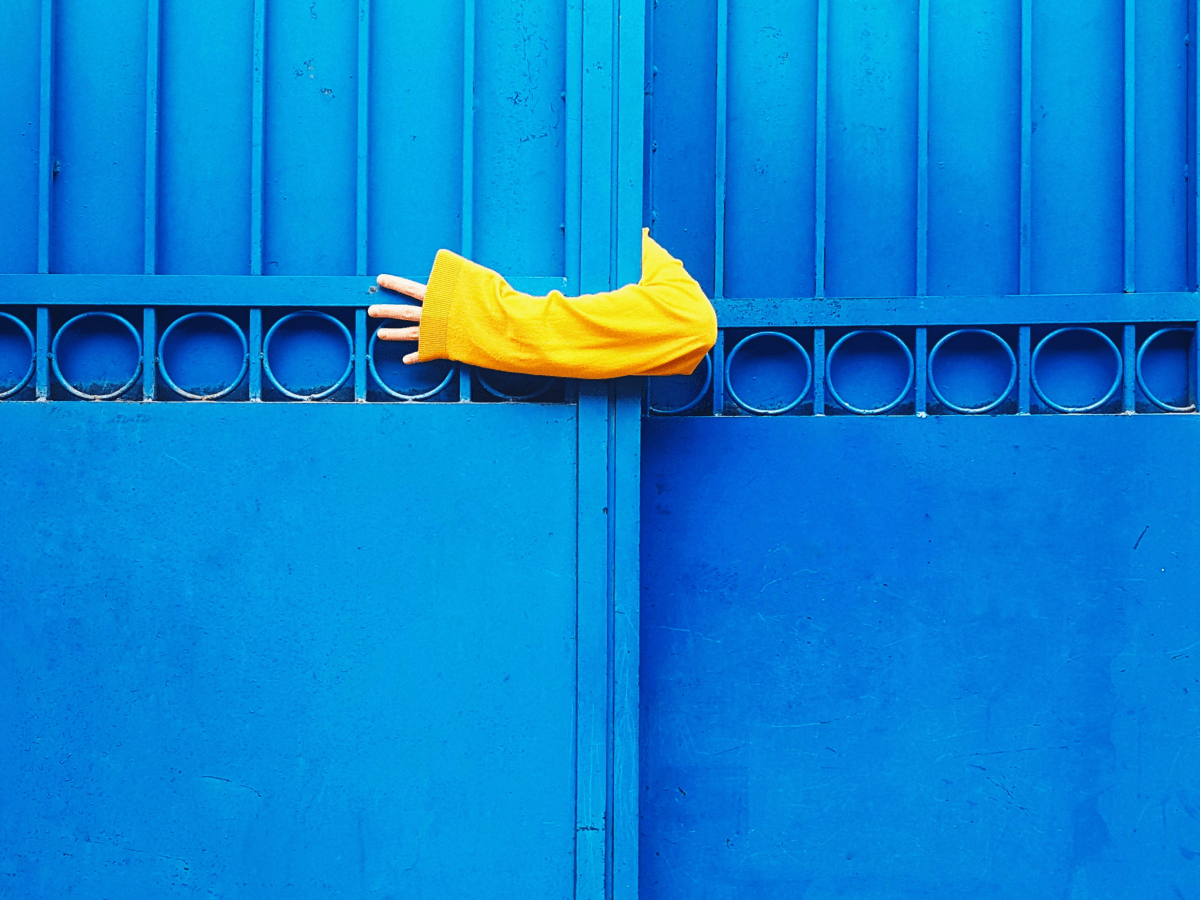


























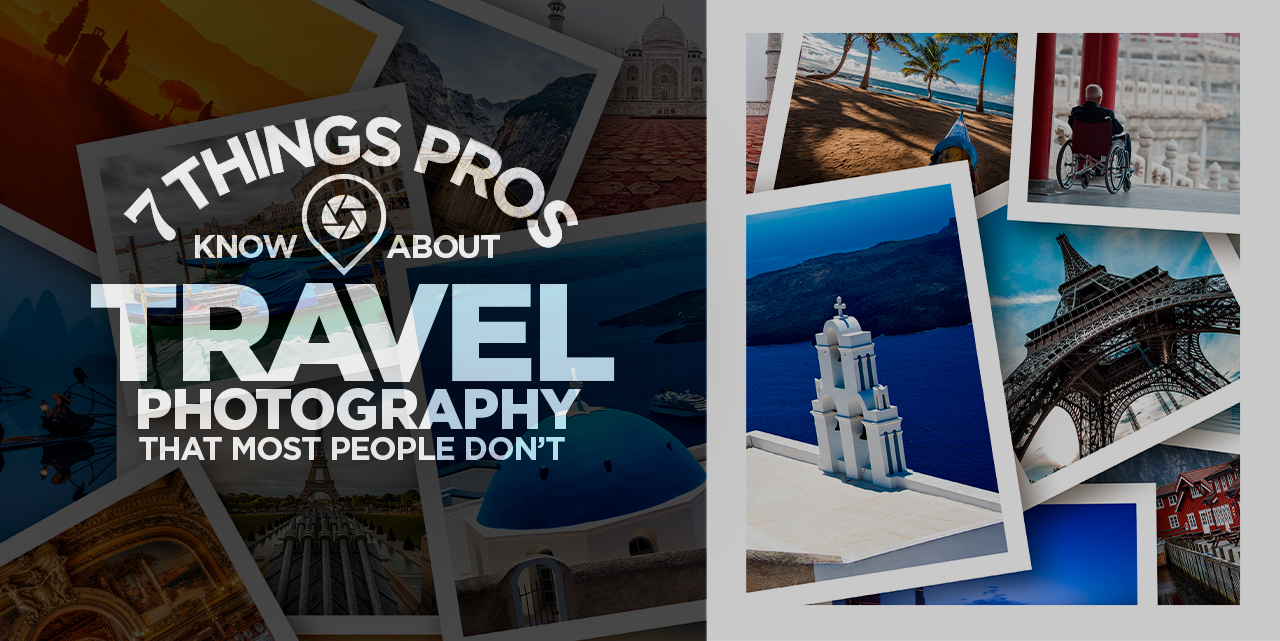











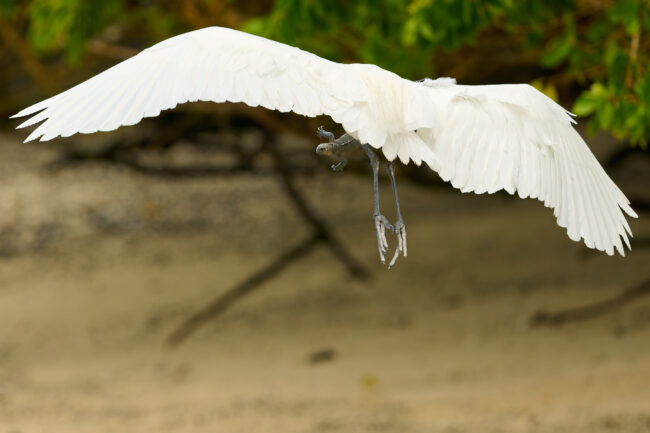

















-30-7-screenshot_0FxoE4J.png?width=1920&height=1920&fit=bounds&quality=70&format=jpg&auto=webp#)









